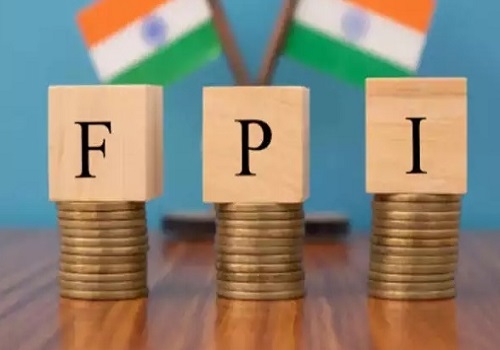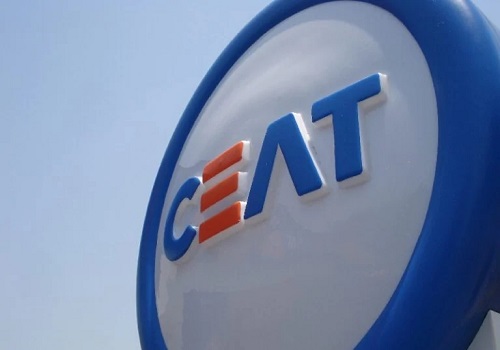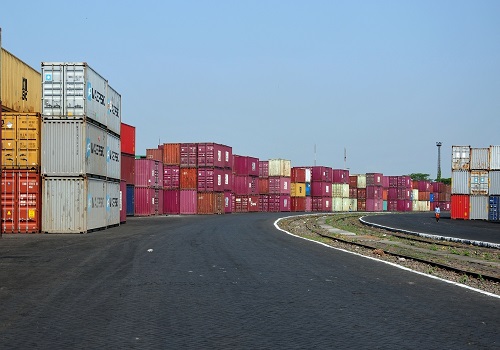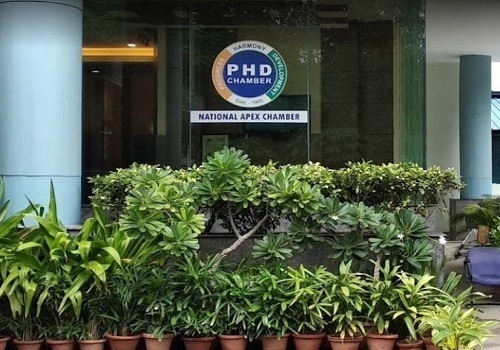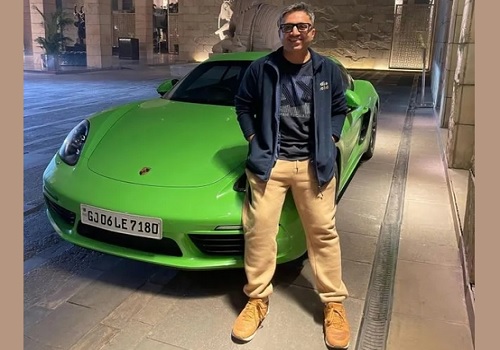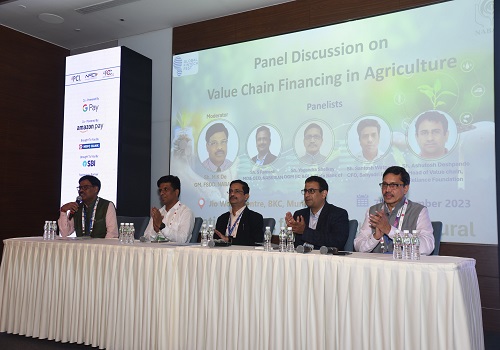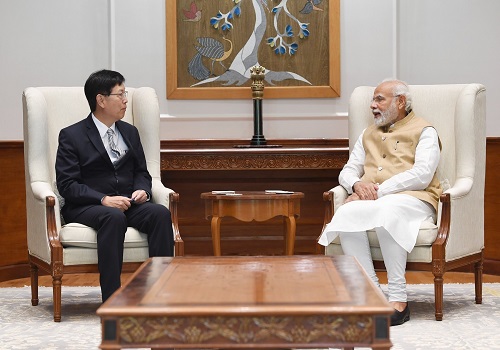Survey shows 10% of ultra-high-net individuals plan new home in 2022

Follow us Now on Telegram ! Get daily 10 - 12 important updates on Business, Finance and Investment. Join our Telegram Channel
A survey conducted by the property consultancy firm Knight Frank found 10 per cent of India's ultra-high-net-worth individuals (with a net worth of US $30 million and above) plan to buy a new home in 2022.
Indian ultra-high-net-worth individuals prefer to invest in properties in the domestic market, followed by international markets such as the UK, UAE and the US, the consultant said.
Globally, 21 per cent of the ultra-wealthy are expected to purchase a home in 2022.
The report further highlighted that on an average an Indian UHNWI owns 2.3 homes and 32 per cent of the Indians under the mentioned category have rented out their second homes during 2021, it said.
Further, it said 22 per cent of the investable wealth of the ultra-high-net-worth individuals was allocated towards direct purchase of commercial property (including rental property, offices), while 8 per cent towards indirect purchase of commercial property (including REITs, funds).
Additionally, the survey conducted by the consultant found 8 per cent of the property portfolio was held overseas.
"Investment in the real estate sector in India has grown in recent times, especially in the wake of the pandemic as real estate was viewed as a safe and tangible investment option amidst the economic volatility," said Shishir Baijal, Chairman and Managing Director at Knight Frank India.
"Further, at attractive valuations, real estate continued to drive institutional demand. The governing rules surrounding REITs are regularly updated to augment the scope of these investment instruments in India. Our survey indicates that the investor interest will remain stable in 2022."
In addition, investors showed preference towards assets such as land development, healthcare, retail and logistics, Baijal said.












 320-x-100_uti_gold.jpg" alt="Advertisement">
320-x-100_uti_gold.jpg" alt="Advertisement">


